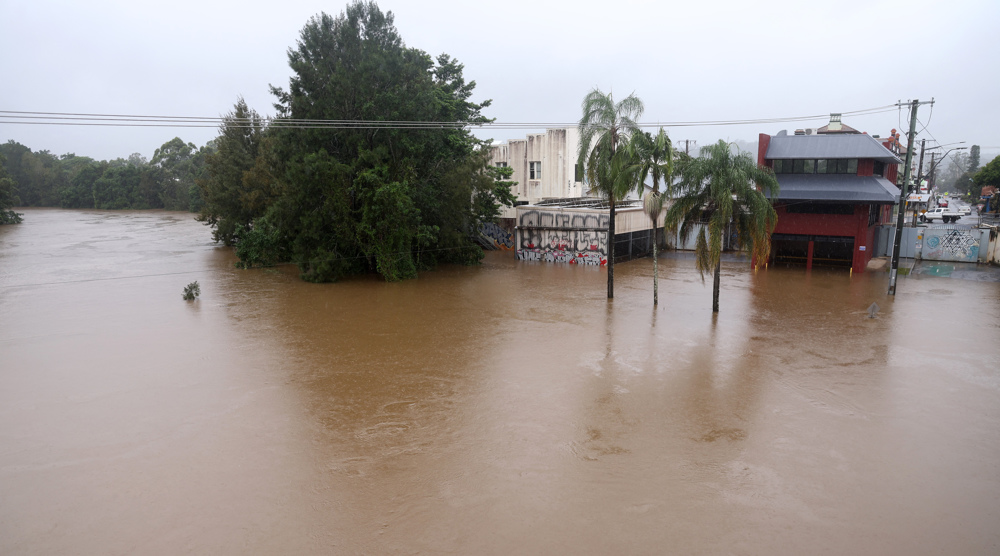Australia’s experiments on monkeys 'Frankenstein-like'
Dr. Frankenstein was a fictional mad scientist who created a monster by carrying out grotesque scientific experiments involving human body parts. Apart from being the star in tens of subsequent books, movies, and TV shows, the character has become a reminder of cruel tests on animals nearly a century after Mary Shelly’s famous novel was created. Among all, 370 primates have been subjected to research in Australia over the past 15 years, which can “be compared with Frankenstein-like experiments,” according to animal rights activists.
Humane Research Australia (HRA) made the comparison after Australia’s Royal Society for the Prevention of Cruelty to Animals revealed the shocking figure.
According to RSPCA, the procedures carried out on the monkeys raise “serious ethical questions,” and the scientists conducting the experiments most probably entirely lack the required expertise to even care for such animals.
In one experiment, a baboon (pictured below) received a kidney transplant from a pig, which led to the death of both animals. In another procedure, a group of marmosets were intentionally given a drug overdose and then had their eyes removed.

Hospitals linked to the experiments refrained from disclosing the number of primates killed or used in the tests but based on figures released by the RSPCA, 46 owl monkeys were imported from the US, 59 common marmosets from Switzerland and France, 10 long-tailed macaques from France, and 255 pigtail macaques (seen below) from Indonesia.

The vast majority of the cruel experiments are carried out at the National Health and Medical Research Council baboon colony in Wallacia, western Sydney.
The anti-vivisection organization has also cast doubt on whether the use of such sensitive human-like mammals is actually necessary for the procedures.
The test subjects being used are "highly intelligent animals with complex behavior and social structure," the group said, adding that they are most likely being subjected to “pain, suffering or distress.”
"The procedures these animals have been subjected to are gruesome and could even be compared with Frankenstein-like experiments, and much of it is undertaken using taxpayer funds," said HRA chief executive officer Helen Marston.
Is animal research our 'best hope'?
Researchers involved in the tests argue that they are necessary for a scientific quest aimed at promoting the health and welfare of mankind.

A gray-handed night monkey (also known as owl monkey)
A spokesperson from the Local Health District, responsible for one of the facilities tied to the experiment, said, “the colony has helped medical researchers conduct important research which has contributed significantly to paving the way for new treatments of disorders such as pre-eclampsia, complicated diabetes, kidney disorders and vascular diseases."
A spokesperson from the University of Sydney also defended the procedures stating that scientists are currently working on initiatives aimed at reducing, refining and replacing all animals, including primates in medical studies.
"All researchers would prefer not to use animals in their research. However, in their quest to cure blindness, diabetes, cancer, epilepsy and many other illnesses, animal research is currently the best hope for finding a cure," she added.
VIDEO | Press TV's news headlines
VIDEO | Displaced people in Jenin camp facing miseries during Ramadan
VIDEO | Struggling for survival: Water crisis in Gaza intensifies
VIDEO | US-South Korea military drills go ahead despite bombing accident
VIDEO | Gaza war aftermath: Patients at risk as fuel, medical supplies cut
Iran: US decision to revoke Iraq waiver ‘extremely deplorable’
VIDEO | Iran, Russia and China kick off Joint Naval Drills in Oman Sea
Houthi: Yemen army ready to start military actions against Israel










 This makes it easy to access the Press TV website
This makes it easy to access the Press TV website